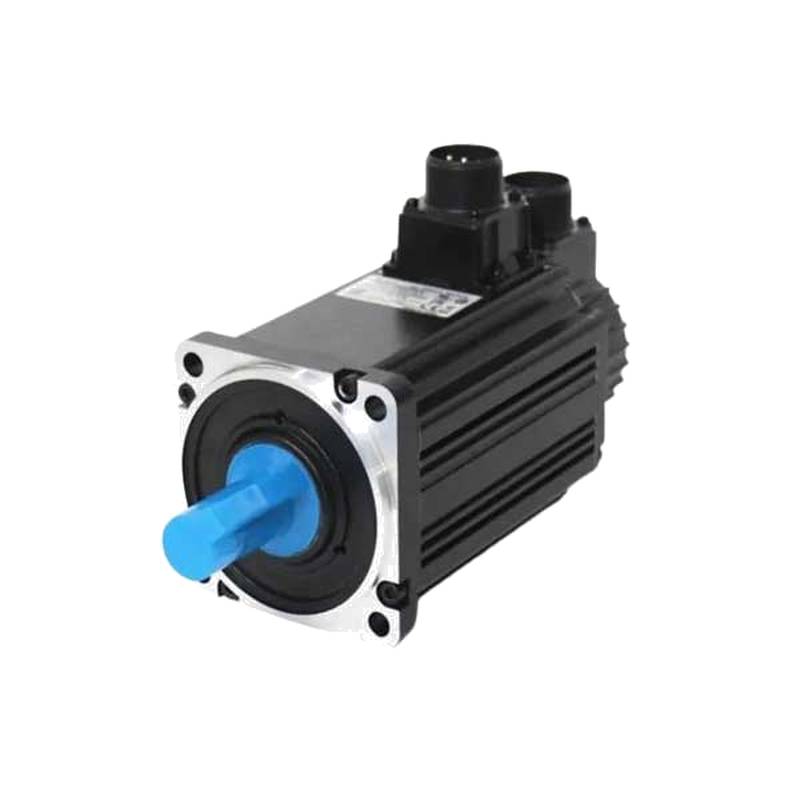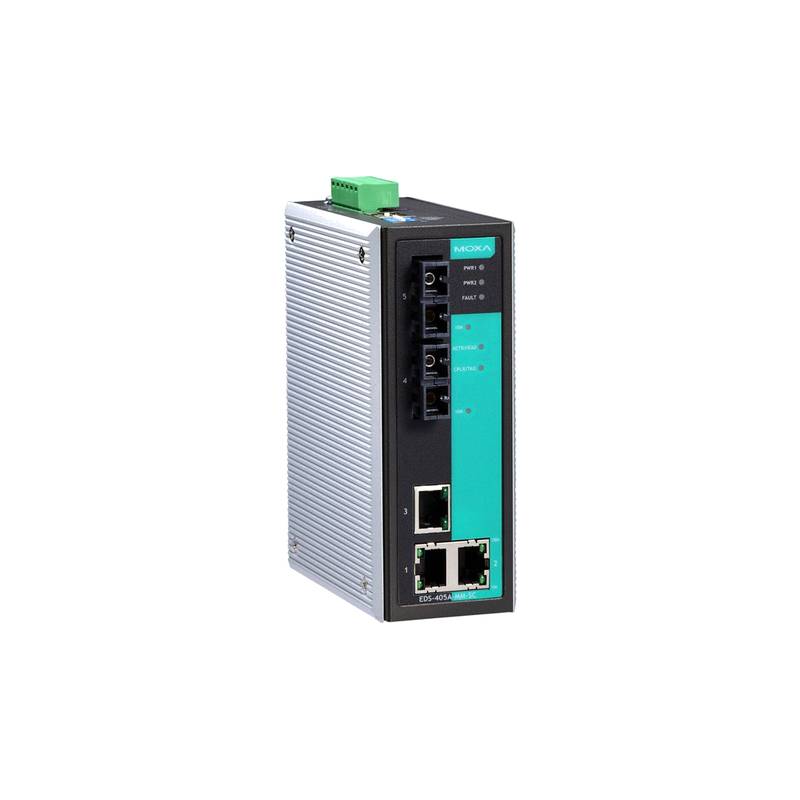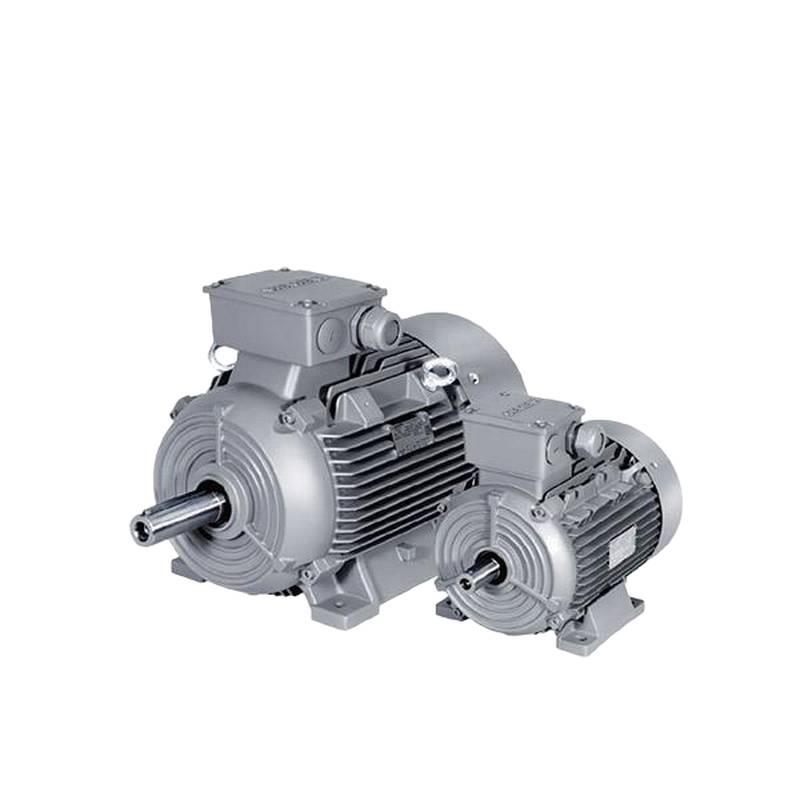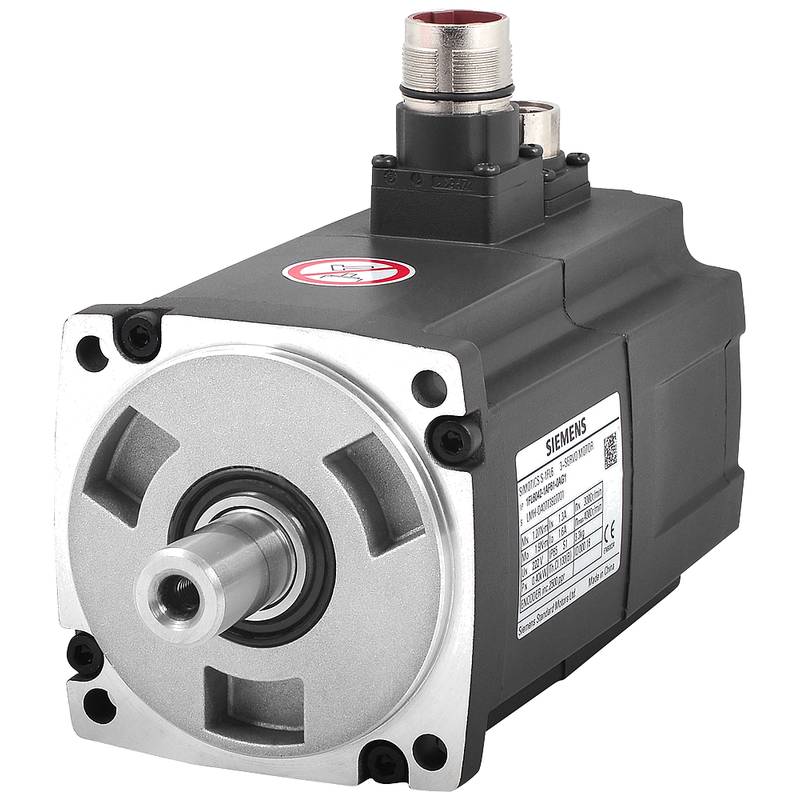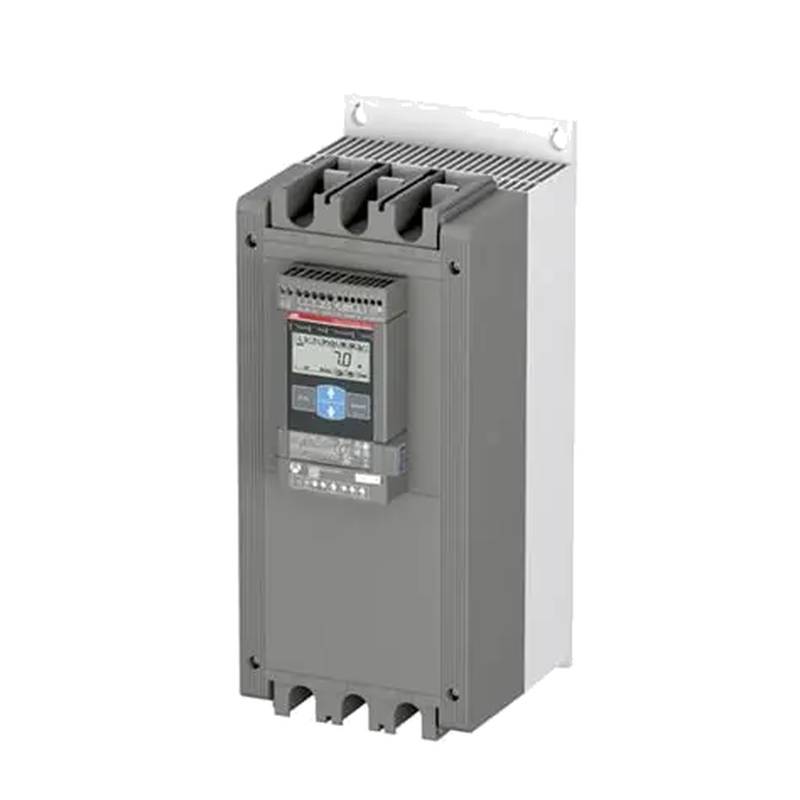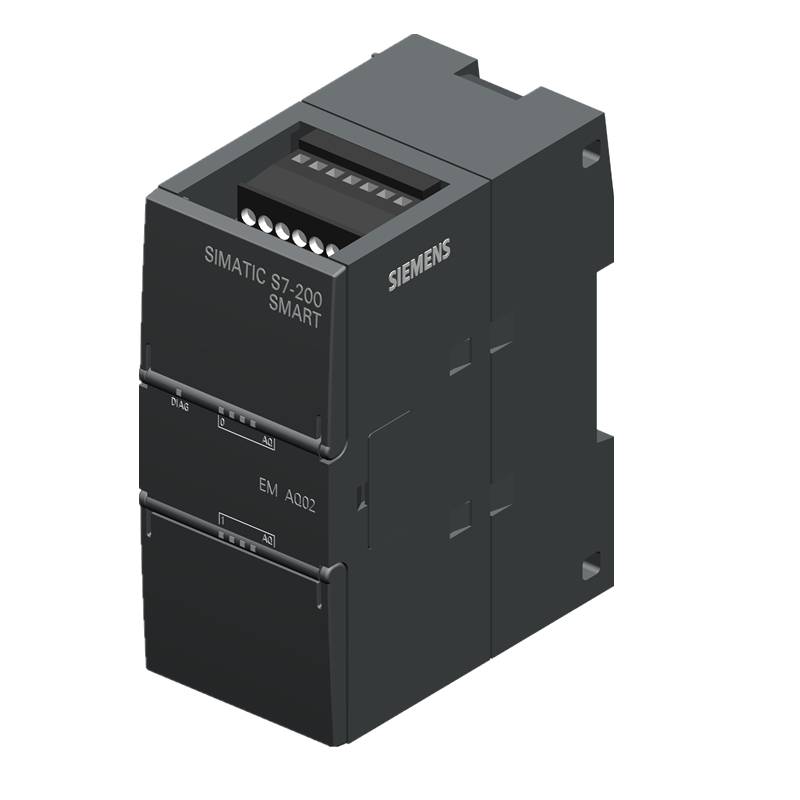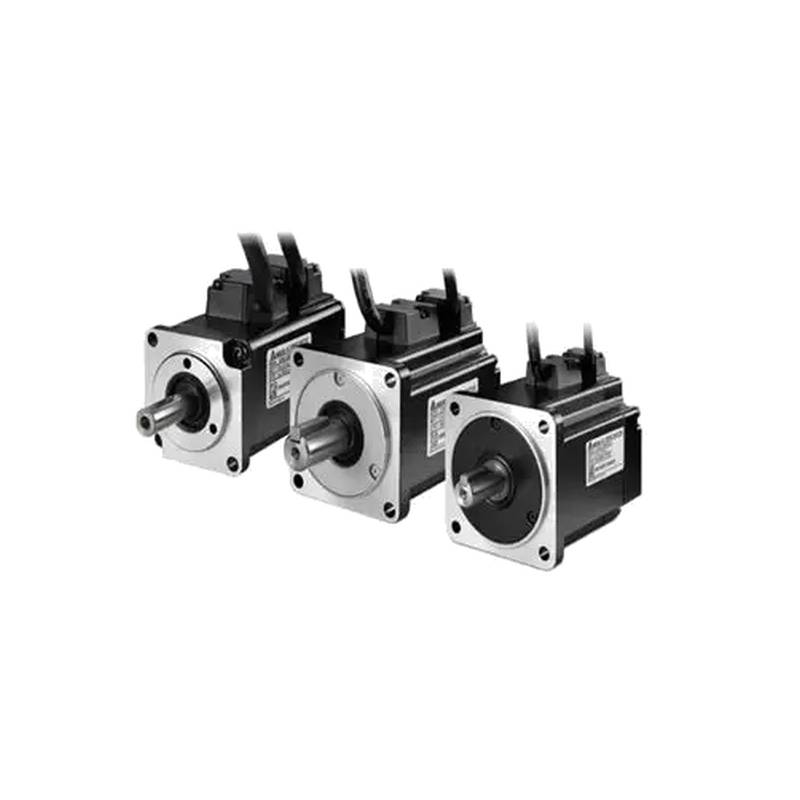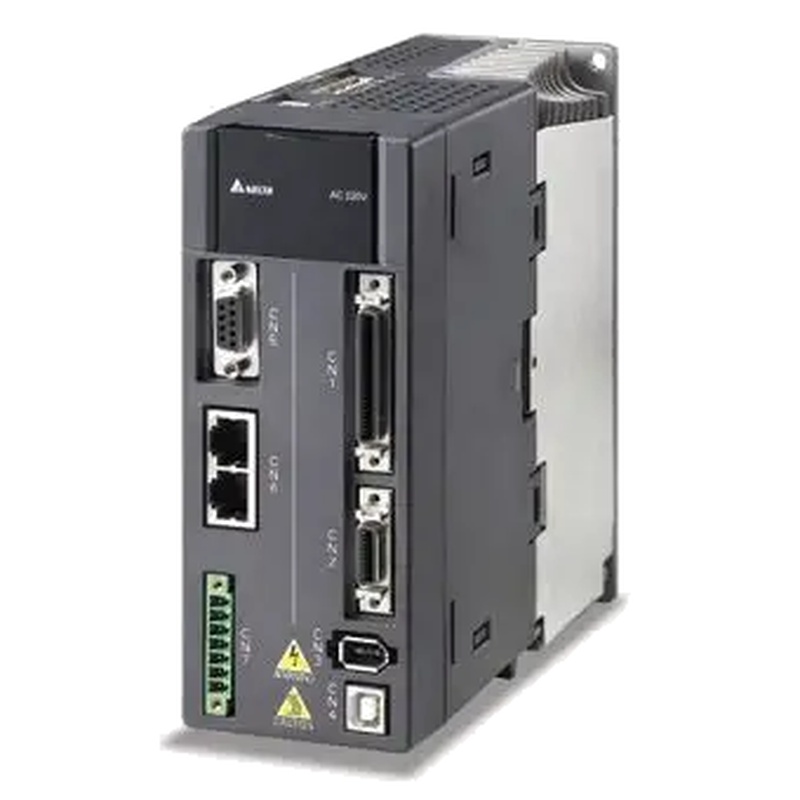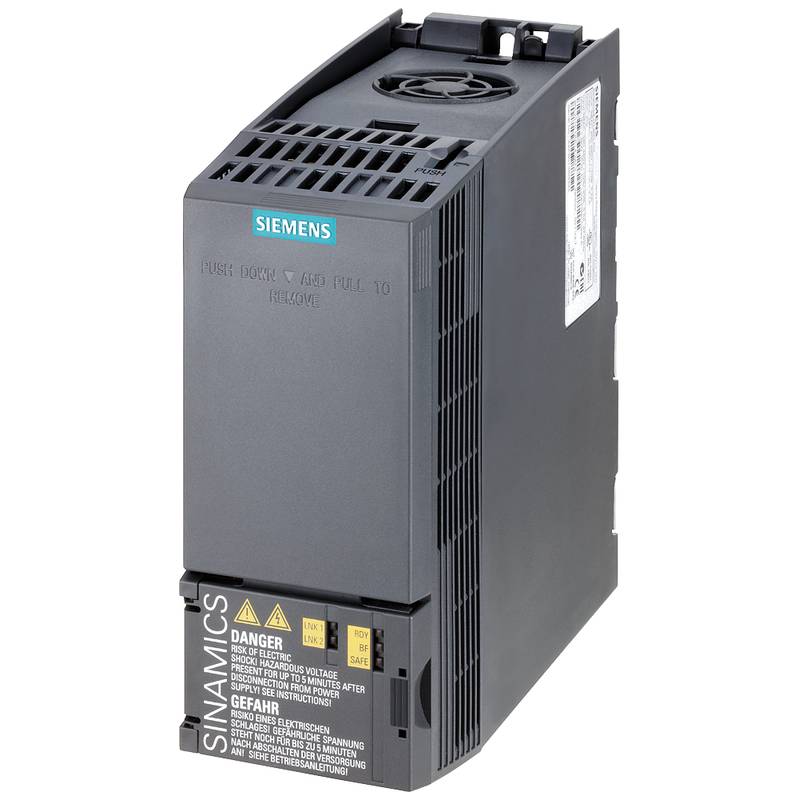
The Delta ECM-B3M-K21320SS1 is a 2kW, medium inertia, braked servo motor from Delta's ASDA-B3 series, engineered for high-precision motion control in demanding industrial applications. This servo system integrates a 24-bit incremental encoder for superior positional accuracy, achieving 16,777,216 pulses per revolution, which translates to exceptional smoothness and stability even at low speeds. The motor boasts a rated torque of 9.55 Nm and a nominal speed of 2000 RPM, enabling efficient operation with heavy loads. Its built-in brake ensures safety during power loss or emergency stops, maintaining holding torque and preventing unintended movement. Designed for seamless integration with Delta's ASDA-B3 servo drives, the ECM-B3M-K21320SS1 offers a robust solution for automation, enhancing production efficiency and output value.
Product Specifications
| Feature | Specification |
| :---------------------- | :---------------------------------- |
| Series | ASDA-B3, ECM-B3M |
| Output Power | 2 kW |
| Rated Torque | 9.55 Nm |
| Nominal Speed | 2000 RPM |
| Encoder Resolution | 24-bit incremental |
| Encoder Pulses/Turn | 16,777,216 |
| Brake | Integrated |
| Voltage | 220 VAC |
| Phase | 3-Phase |
| Output Current (Rated) | 13.4 Arms (Drive) / 10.59 Arms (Motor) |
| Inertia | Medium |
| Communication | Compatible with ASDA-B3 Drive |
Core Features & Market Positioning
The Delta ECM-B3M-K21320SS1 distinguishes itself through its high-resolution 24-bit encoder, offering unparalleled precision in motion control tasks, a critical factor in industries where accuracy is paramount. Its medium inertia design strikes a balance between responsiveness and stability, making it versatile across various dynamic applications. The integrated brake provides an essential layer of safety and operational reliability, particularly in vertical axis applications or where holding position without power is crucial. Positioned as a high-performance, reliable, and cost-effective servo solution, the ECM-B3M-K21320SS1 is a key component in Delta's strategy to provide advanced motion control for diverse industrial automation needs. Its compatibility with the ASDA-B3 series drives simplifies system design and implementation, reducing engineering effort and lead times.
Key Application Scenarios
This servo motor excels in applications demanding high precision, dynamic performance, and safety. It is widely deployed in CNC machining centers for intricate cutting and shaping operations, ensuring high accuracy and surface finish. In robotics, the ECM-B3M-K21320SS1 provides the precise and repeatable movements required for complex assembly, pick-and-place, and welding tasks. The packaging industry benefits from its speed and accuracy in high-throughput automated lines, while the printing and labeling sectors rely on it for exact registration and positioning. Furthermore, it's a strong choice for general automation lines where consistent and reliable motion control is necessary for optimizing production flow and product quality.
Practical System Integration Guidance
Integrating the Delta ECM-B3M-K21320SS1 servo motor involves connecting it to a compatible Delta ASDA-B3 series servo drive. Proper wiring is crucial for signal integrity and safety. The motor connects to the drive via specific cables for power and feedback signals. The 24-bit encoder requires a dedicated connection to the drive's encoder input port. For applications with vertical loads or where holding is critical, ensuring the integrated brake is correctly wired to the drive's brake control terminals is essential. Configuration and tuning are typically performed using Delta's ASDA-Soft software, which allows for parameter adjustments, auto-tuning functions, and diagnostic monitoring to optimize system performance for the specific application.
Operation and Risk Mitigation
Safe operation of the Delta ECM-B3M-K21320SS1 servo system hinges on correct installation, wiring, and parameterization, as detailed in the ASDA-B3 servo drive user manual. The integrated brake is a key safety feature, automatically engaging when power to the brake coil is removed, thus preventing accidental motion. This is particularly important for preventing falls in vertical axis applications or when the system is de-energized. Troubleshooting common issues often involves checking for wiring errors, ensuring correct encoder feedback, and verifying drive parameters. Fault codes displayed on the servo drive provide diagnostic information to pinpoint problems, which can range from overcurrent or overvoltage faults to encoder errors or motor overload conditions.
Scalability & Long-Term Value
The Delta ECM-B3M-K21320SS1 offers excellent scalability, particularly within the ASDA-B3 ecosystem. Its compatibility with various ASDA-B3 servo drives allows for flexible system design, from single-axis setups to multi-axis configurations. Delta's EtherCAT communication capabilities, supported by the ASDA-B3 drives, enable high-speed, synchronized control across multiple axes and the integration of remote I/O modules, facilitating complex automation architectures. This inherent flexibility ensures that systems built with the ECM-B3M-K21320SS1 can be expanded or modified to meet evolving production demands. Furthermore, Delta's commitment to ongoing software development and hardware updates ensures long-term support and the potential to leverage emerging IIoT and Industry 4.0 capabilities through advanced communication protocols.
Frequently Asked Questions (FAQs)
1. What are the primary advantages of the Delta ECM-B3M-K21320SS1 servo motor?
The ECM-B3M-K21320SS1 offers superior precision due to its 24-bit encoder. Its integrated brake enhances safety and holding capability. This motor provides robust performance with 2kW power and 9.55 Nm torque.
It balances responsiveness with stability for diverse applications. This makes it ideal for tasks requiring high accuracy and reliability.
The motor ensures smooth operation even at low speeds. This is crucial for sensitive automation processes.
2. How does the 24-bit encoder enhance the performance of the ECM-B3M-K21320SS1?
A 24-bit encoder provides an exceptionally high resolution of 16,777,216 pulses per revolution. This granular feedback allows for extremely precise positional control.
This high resolution minimizes positional error and ensures repeatable movements. It is essential for applications demanding micrometer-level accuracy.
The enhanced feedback also contributes to smoother velocity control and reduced torque ripple, especially at low speeds.
3. What is the role of the integrated brake in this servo motor?
The built-in brake acts as a fail-safe mechanism, engaging automatically when power is removed. This prevents unwanted movement of the driven load.
It is particularly critical for vertical axis applications where gravity can cause the load to drop. It also ensures the load remains stationary when the system is powered down.
Proper wiring and maintenance of the brake circuit are essential for reliable operation and safety.
4. What types of industrial applications are best suited for the Delta ECM-B3M-K21320SS1?
This servo motor is ideal for high-precision tasks like CNC machining and robotic automation. It excels in packaging, printing, and labeling machinery.
Its performance is beneficial in automated assembly lines and where dynamic response is needed. Any application requiring accurate positioning and controlled motion will benefit.
The integrated brake makes it suitable for vertical axis loads and holding applications.
5. How is the ECM-B3M-K21320SS1 integrated into an automation system?
Integration involves connecting the motor to a compatible Delta ASDA-B3 series servo drive. This requires proper wiring of power and feedback cables.
Configuration and tuning are typically done using Delta's ASDA-Soft software. This tool allows for parameter setting and system optimization.
Ensuring correct encoder connection and brake wiring is crucial for seamless operation.
6. What are the key specifications of the Delta ECM-B3M-K21320SS1?
Key specifications include a 2kW output power and 9.55 Nm rated torque. It operates at a nominal speed of 2000 RPM.
The motor features a 24-bit incremental encoder for high precision positioning. It is a medium inertia motor with an integrated brake.
It is designed for 220 VAC, 3-phase power input via its compatible ASDA-B3 drive.
7. Is the ECM-B3M-K21320SS1 compatible with older Delta servo drive series?
The ECM-B3M-K21320SS1 is specifically designed and optimized for the Delta ASDA-B3 series servo drives. While Delta often ensures some backward compatibility, full performance is best achieved with the intended drive series.
Using it with older drive series might limit its advanced features, such as the full potential of the 24-bit encoder or high-speed communication. Always consult Delta's compatibility charts for specific drive pairings.
For optimal performance, safety, and access to all features, pairing the ECM-B3M-K21320SS1 with an ASDA-B3 drive is strongly recommended.
8. What safety considerations are important when operating this servo motor?
Always follow the installation and wiring guidelines in the ASDA-B3 servo drive manual. Ensure the integrated brake is correctly wired and functional.
Implement emergency stop procedures and safety interlocks for the machinery. Understand the fault codes to quickly address any operational anomalies.
Proper training for personnel operating and maintaining the equipment is crucial.
9. Can the Delta ECM-B3M-K21320SS1 be used in high-speed applications?
Yes, with a nominal speed of 2000 RPM and medium inertia, it is suitable for many high-speed applications. Its precise encoder ensures accurate control even at elevated speeds.
The motor's design supports dynamic performance required for fast-moving automation tasks. However, application-specific dynamic load and duty cycles should be considered.
Careful tuning and system setup are necessary to achieve optimal high-speed performance and longevity.
10. How does this motor contribute to Industry 4.0 and IIoT integration?
The ASDA-B3 drives supporting this motor often feature advanced communication protocols like EtherCAT. This enables seamless integration into networked industrial control systems.
Real-time data exchange and remote diagnostics are facilitated, allowing for predictive maintenance and process optimization. This aligns with the core principles of Industry 4.0.
The ability to integrate with higher-level control systems and cloud platforms makes it a valuable component for smart manufacturing.














